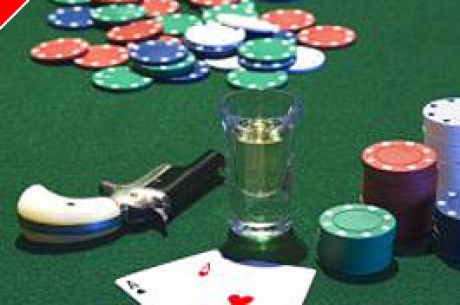The Mathematics Of Poker
_____ THE MATHEMATICS OF POKER 33. The closer on a relative basis the outcomes of the sample will be.00 σ $800.85 $12. But more than a hundred times smaller relative to the number of hands.202.5% probability interval.00 $37500.000.000 50.00) ($3.000.71) ($4.71 $44. Standard deviation.64 $15. Is a valuable measurement of dispersion from the mean.722. The Mathematics of Poker by Bill Chen and Jerrod Ankenman. Diligent readers who invest the necessary effort to follow Chen and Ankenman’s arguments and consider. The Mathematics of Poker. Thirty years ago the bond and option markets were dominated by traders who had learned their craft by experience. By the mid-1990s the old school.

Hello This will be the ongoing Study Group thread for Bill Chen's book: ' The Mathematics Of Poker'. About the book and the Study Group. For anyone who hasnt heard about ' The Mathematics Of Poker': its a great book!
Generally its about.poker math (as the title itself suggests) but it goes a bit deeper, beyond basic stuff (such as: counting outs or calculating pot ) and presents also some interesting concepts from game theory (mostly by introducing and then solving various 'toy-games' which are used to model poker-related 'scenarios'). The book consists of 5 parts. We will start from the 1st one, which generally serves as a reminder of some basic concepts such as: Probability,, Variance, Bayes Theorem etc.
Its rather boring and does not contain anything revealing but it allows to get used to the 'language' of the book and authors' overall approach. Also, if anyone does not know/remember those things - thats your chance to change it The 2nd part is about 'Exploitive Play', which I think is the part that most 'poker math' books are all about so I originally prefered to skip it but.
We dont have to. The 3rd part is IMO the most interesting one because it deals with the 'Optimal Play'. Thats the part that Im personally very excited about but.we will talk about it when (and if) we get there. Latest Dj Hits Remix Song here. Im aware that the book can be a bit difficult and that not everyone has a lot of spare time for poker, therefore I suggest we start with reading one chapter per week.
In the meantime, throw questions (if you have any) or just start a discussion about the current chapter here. After a week, I will try to put a short summary about the crucial concepts from that chapter and we will move on to the next one. You should have access to the book ->I'm not going to transcribe/copy the entire book here.
Also, since the book is very theory heavy, I will try to come up with some practical examples. We can adjust the studying speed later, depending on everyone's preferences. Tbh, I have really high hopes for this thread and I think we can learn lots of interesting things together. Currently, I know of 4 people who already have the book and few others who declared an interest in the Study Group. I will try my best to keep this thread going, unless of course I end up talking to myself here. One more thing: I've never been in any 'study group' before so if you have any suggestions (eg: how it should look like), let me know!